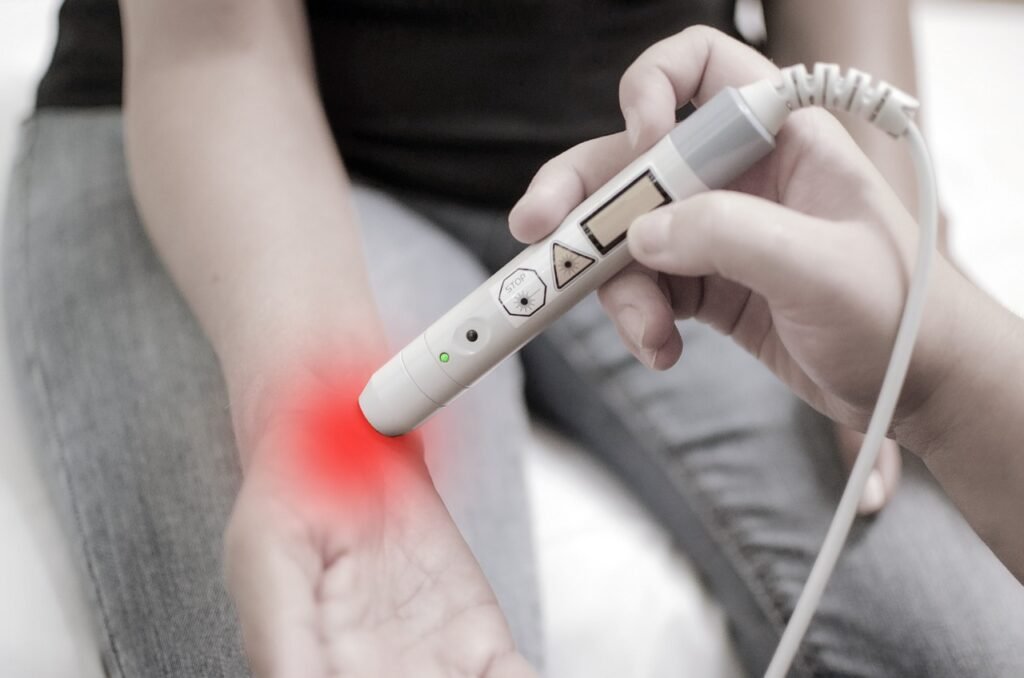
59 Cases of Guillain-Barré Syndrome in Pune: Health Officials Urge Calm, No Need to Panic
A rarity neurological illness, called the Guillain-Barré Syndrome (GBS), has registered 59 cases in Pune. Twelve of them are on ventilator help. GBS is an autoimmune condition where the immune system wrongly recognizes the nerves. This leads to muscle weakness, while in many cases it leads to paralysis. It is alarming, but doctors and health authorities insist people should stay calm, as they closely surveil the development.

Guillain-Barre Syndrome (GBS) implies a type of neuro-immune illness where one’s immune system fights the nerves in the peripheral parts. It usually occurs after an infection, such as the flu or tummy upset. The most common cause is infection with Campylobacter jejuni, a type of bacterium. The disease starts with weakness in the legs and often spreads to the arms and can involve the muscles used for breathing. People who contracted an infection such as Campylobacter jejuni may not develop GBS-but very few, in fact, only 1 in 1,000 people who actually have this infection, will develop a syndrome sent.
The situation now prevailing in Pune
Dr. Chandrakant Pulkundwar, Pune’s Divisional Commissioner, has met state and civic health officials and has held an emergency conference regarding th eincreasing occurrence of GBS cases. The maximum number of cases has been reported around Sinhagad which is why there was swift action taken by the local authorities. These health officials have been asked to complete and collect detailed medical history of all the affected individuals within a short period, so that they could actually locate the source of infection and prevent any further spread.
The said outbreak seems immediate but is very much under control, say the health experts, and no emergency cause for panic, according to chief Pulkundwar. Most patients have been clarified by ‘gastroenteritis or a suspicious flu’, and reassured the general public that GBS was a result of either event. “Even when we are trying to understand the situation in depth, it is not that worrying,” he noted.
Profile of the Afflicted
In total, there were 59 patients with GBS in Pune. The age group cover was wide: 11 were children aged below ten years; 12 aged between 10-19-year-old people and the rest were from different age groups, with the majority falling in the 30-39 and 40-49 age brackets.
Interestingly, the gender segregation presents itself so far with a total of 38 men having been reported due to GBS just as 21 women it indicates how the male population is prone to the illness more. This is under treatment in several hospitals by bringing patients to Deenanath Mangeshkar Hospitals and Poona Hospitals for intensive care.
Challenge Out Concern and Not Panic
The outbreak seems dangerous; however, officials are really confident and urge the residents not to be scared. “The most common cause of GBS is Campylobacter jejuni, which is an acute trigger in those G. Dr. Abhijit Barde, an infectious diseases specialist at the hospital, said that the risk of getting the syndrome was very minimal. “Camplpobacter infections cause GBS in only very few individuals,” said Dr. Barde.
There is impressing on the clustering of the affected case in some specific regions like, even on the thoughts of many people at the time, Sinhagad Road, that means there could be environmental factors associated with it. Administrators are referring to water disinfection program gaps as other factors contributing to the breakout. Teams from the National Institute of Virology (NIV), a constituent organization of the Indian Council of Medical Research (ICMR), are working in parallel with the local health departments collecting samples from either the patient source or the water source in order to test the possibility of contamination.
Preventive Measures: Boiling of Water and Hygienic Food Practices
Health authorities tell the residents of these locations to maintain clean water by boiling. An individual advised that water they drink should be boiled to kill any possible bacteria contaminants. Also, people in the household always advised eating their food fresh with no added callipers.
Moreover, a house-to-house inspection will be made in the peripheries of Sinhagad road with Nanded and Kirkatwadi wards to ascertain that safety norms are being implemented and that the source of contamination can be found out. Withdrawal of water source samples has already been done by the officials from different parts for checking any probable link if the contaminant has something to do with the maincause of drinking water.
Financial Aids for Treatment
Many illnesses, and GBS is no exception, necessitate expensive treatments such as IV immunoglobulin (IVIG) therapy. Therefore, in order to help patients, the district collector, Jitendra Dudi, has requested the state government to authorize IVIG diagnostic therapy under the Mahatma Jyotiba Phule Jan Arogya Yojana from Maharashtra’s premier health insurance scheme, which would soon be implemented, obviously giving much relief to the patients and their dependents.
What to Do to Stay Safe
Symptoms such as rapid muscle weakness, shortness of breath, and tingling in limbs associated with GBS should prompt immediate medical care. Diagnosis and treatment will depend on early detection.
Investigations are ongoing, but health officials seem to suggest that GBS is a rare disorder under these circumstances and not one that could be imagined spreading so freely. Keeping their wards from being infected by the disease is a must.
It is worrying that GBS has broken out in Pune, but not of any short magnitude to have to worry. The authorithies are taking all the necessary measures for the mangeent of this situation through time emergency intervenertion. Everyone should remain normal, and this is the time for everybody to realize that the healthcare system is going to work.

